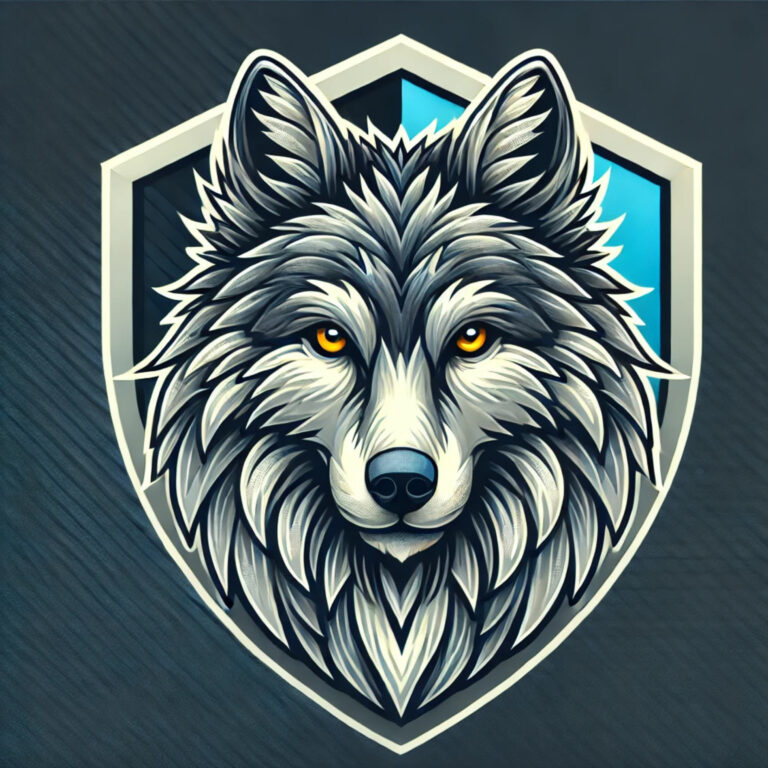Life throws challenges at all of us—loss, setbacks, and struggles. But here’s the truth most people don’t realize: most tough experiences don’t leave us broken—they make us stronger. Even the hardest moments can lead to personal growth and resilience.
Some people might develop symptoms of PTSD (Post-Traumatic Stress Disorder) after trauma, but most of us naturally experience what experts call Post-Traumatic Growth (PTSG). This means that adversity can actually build your strength, purpose, and wisdom. And for those who do experience PTSD, healing that pain can unlock even greater growth and self-awareness.
This article will show you how life’s challenges—big or small—can shape you into a stronger, more capable version of yourself. We’ll also cover practical ways to turn pain into strength using tools like movement, nature, and connection.
PTSD vs. PTSG: The Truth About Trauma
Let’s clear something up: not every tough experience causes PTSD. PTSD happens when a person gets “stuck” in the pain of trauma, leading to symptoms like flashbacks, anxiety, and emotional numbness. PTSD is real, but it’s also treatable.
On the other hand, most people go through struggles and come out the other side stronger. This is PTSG—Post-Traumatic Growth. PTSG means finding purpose, confidence, and strength because of what you’ve been through.
Here’s the kicker: even PTSD, when healed, can lead to PTSG. Once you face and integrate that pain, it transforms into self-awareness, emotional resilience, and personal power. In other words, your hardest battles can become the fuel for your greatest growth.
How to Turn Pain into Strength
You don’t have to stay stuck in pain. There are simple, proven ways to heal, grow, and come out stronger. Let’s explore three powerful tools for transformation: your body, the outdoors, and your community.
1) Move Your Body to Heal Your Mind
Physical activity is one of the best ways to process stress and trauma. When you move your body, you release tension and trigger feel-good chemicals in your brain. Over time, this helps you feel calmer, more focused, and more resilient.
- Fitness & Movement: Strength training, martial arts, running, or even a brisk walk can help you process difficult emotions and build mental clarity. Moving your body clears your mind.
- Yoga for Healing: Yoga isn’t just for flexibility—it’s a powerful tool for mental health. It combines movement, breathing, and mindfulness, helping your nervous system reset. Studies show yoga lowers stress hormones and boosts emotional resilience.
- Meditation for Clarity: Meditation trains your mind to stay calm under pressure. Even five minutes of mindfulness or breathing exercises can help you manage stress and sharpen your focus. It’s a simple habit with huge benefits
2) The Healing Power of Nature
Ever feel better after a hike, camping trip, or simply sitting in your backyard? That’s because nature has a way of resetting your brain and body.
- Spending time outdoors reduces stress and clears mental fog.
- Immersing yourself in natural settings improves focus and emotional balance.
Vision Quests: Native American traditions use nature as a tool for self-discovery and healing. A vision quest involves spending time alone in the wilderness, reflecting on life’s challenges, and seeking clarity. You don’t have to fast in the mountains to get the benefits—try hiking in silence or journaling in a quiet natural spot.
3) Strength in Connection
When life gets tough, it’s tempting to retreat and isolate. But the truth is, healing happens in connection. Being around others who support you, listen to you, and challenge you to grow is one of the most powerful ways to move forward.
- Join a group where you feel a sense of belonging—whether it’s a faith group, men’s circle, or a sports team.
- Share your story with people you trust. Talking about your struggles can lighten the load and help you reframe them as opportunities for growth.
4) Watch What You Eat and Drink
What you put into your body directly affects your brain and emotions.
- Sugar: Too much sugar messes with your mood and energy, making it harder to think clearly and stay positive. Replace sugary snacks with whole foods like nuts, fruits, or lean proteins.
- Alcohol: Alcohol might feel like a quick escape, but it’s a depressant. It disrupts sleep, emotional balance, and healing. Cutting back can make a huge difference in your mental clarity and energy.
5) Understand Trauma and Inflammation
When you go through trauma, your brain and body often deal with inflammation. This can cloud your thinking, make you irritable, and slow your healing.
- Reduce Inflammation: Eat foods that fight inflammation, like leafy greens, fish, and turmeric. Avoid processed junk that adds to the problem.
- Regular movement, stress management, and even better sleep can also help lower inflammation and clear your mind.
The Big Picture: Turning Struggles into Strength
Here’s the bottom line: most tough experiences don’t leave you broken—they leave you stronger. Life’s challenges are opportunities to build character, resilience, and wisdom. And even if you’ve faced severe trauma or PTSD, healing that pain can transform it into personal growth and a renewed sense of purpose.
Start small:
- Try yoga or a simple workout.
- Spend an hour in nature.
- Cut back on sugar or alcohol.
- Reach out to someone you trust for connection.
“Adversity doesn’t build character; it reveals it—and strengthens it.”
Every step you take leads to greater strength and clarity. You’ve got what it takes to turn your toughest moments into your greatest victories.


